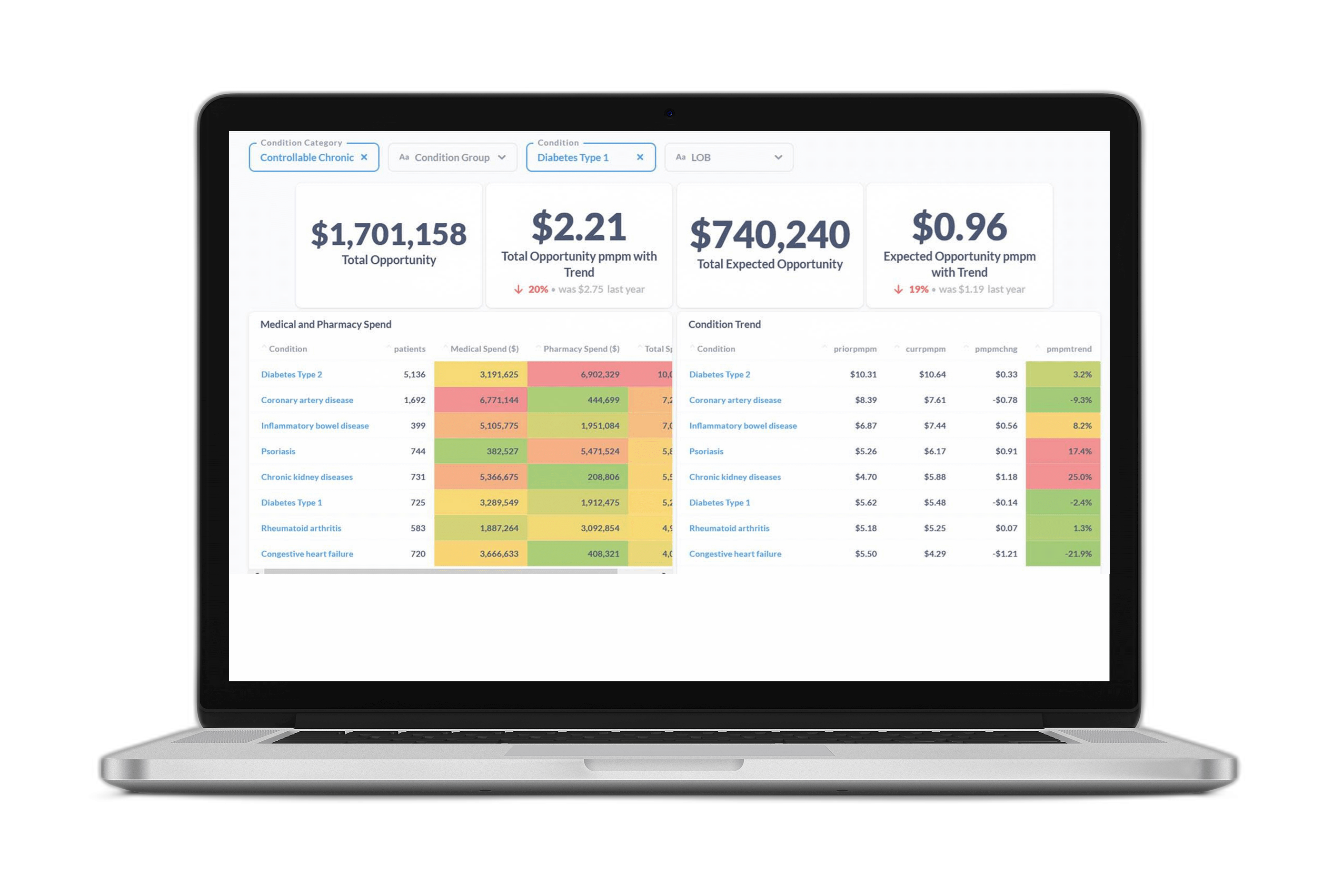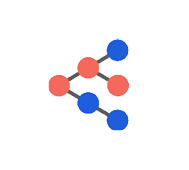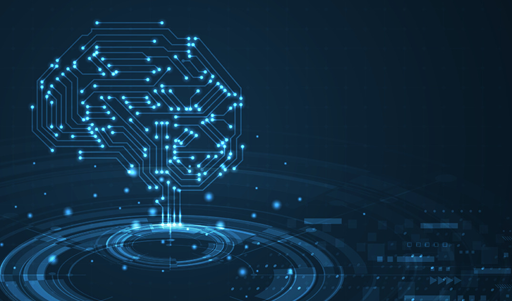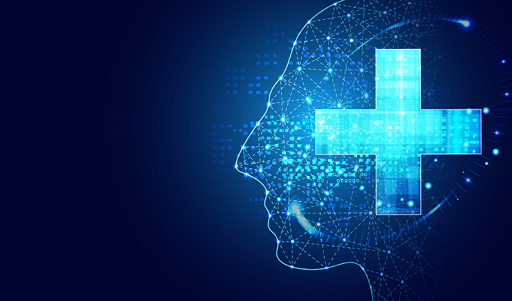Deep learning. Generative AI. The advent of ChatGPT has suddenly made these terms buzzwords in your healthcare seminars, conferences, and even in your C-suite boardrooms.
But what is generative AI? And how does it fit in with other common terms you’ve heard, like AI and machine learning? And why’s that important for healthcare?
The exciting news is the evolution in the field has major implications for advancing value-based goals, improving health outcomes, and reducing costs.
Let’s take a quick look at these terms and explore why more healthcare leaders are starting to leverage these concepts to get quicker, more actionable insights from their data – helping them shift from reactive to proactive strategies that improve health and reduce costs.
Breaking Down AI
Artificial Intelligence (AI), machine learning, deep learning, and generative AI – it may sound like a loaded data science dictionary. But in truth, these are all related concepts that start at the top with the broadest term – AI.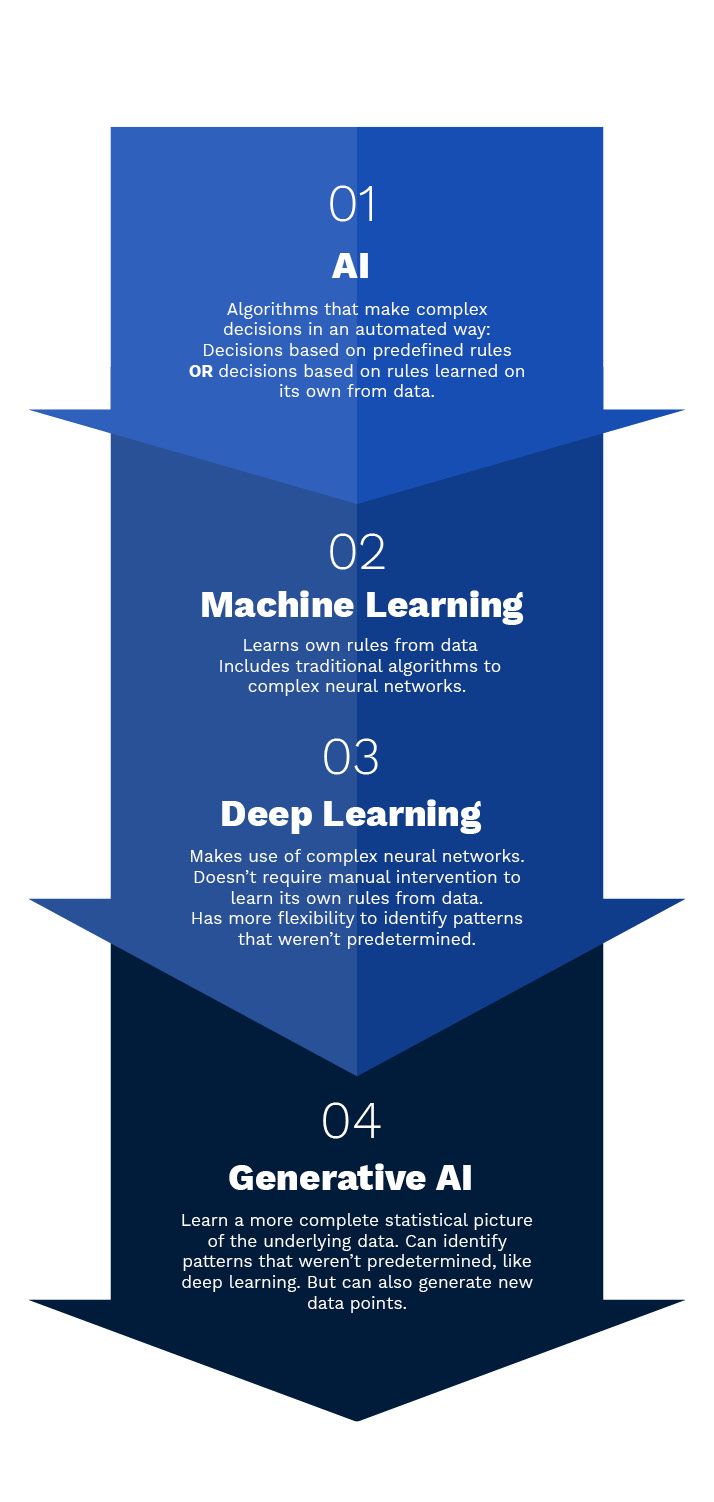
AI refers to any algorithm that makes complex decisions in an automated way. AI can be based off predefined rules or, more popularly, can learn its own rules from data.
Do you open your phone with Face ID? Or ever ask Siri a question? Both are applications of AI.
What Is Machine Learning?
Then you have machine learning, a type of AI where algorithms can learn their own rules from data. This includes everything from traditional algorithms like linear regression – which make predictions after determining a linear relationship between a dependent and independent variable – to complex neural networks, which we’ll get to below.
You’ll encounter more complicated forms of machine learning in fraud detection, spam filtering, or malware threat detection.
Let’s Get Deep About Deep Learning.
Deep learning is a subset of machine learning that makes use of complex neural networks. The advantage of deep learning over traditional machine learning lies in the fact that it can create its own data features.
What’s that mean? Unlike traditional machine learning, deep learning doesn’t require subject matter experts to help it learn and make decisions. It learns from the data on its own.
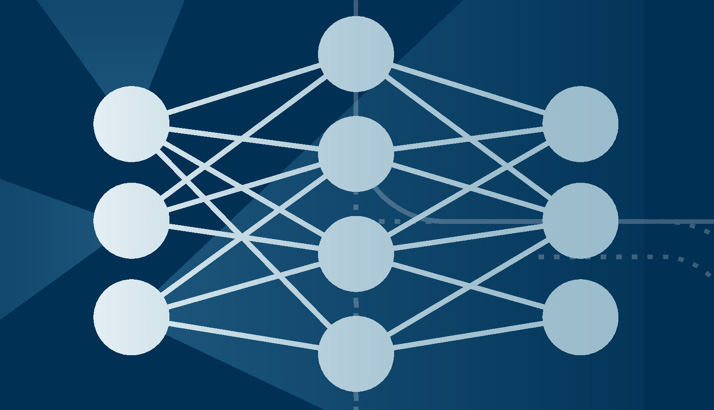
Illustration of Deep Learning Neural Network
The advantage of this is two-fold:
- Less costly human intervention up front, and
- Greater flexibility to identify patterns that weren’t predetermined.
Think of self-driving cars or medical scan reading. These wouldn’t be possible without deep learning.
Generative AI – The New Buzzword Defined
Break it down further and we get to generative AI. A subset of deep learning algorithms, generative AI learns a more complete statistical picture of the underlying data that enables it to not only learn on its own like deep learning but actually generate novel data points.
You’ve probably seen AI-generated pictures, videos, music—and chat responses. Generative modeling is the underlying deep learning approach enabling these creative outputs.
What Does AI, Deep Learning, and Generative AI Mean for Healthcare?
For those whose goal is to improve health outcomes and reduce the cost of care, AI enables you to see the future risks and needs of your population with greater accuracy, speed, and with less time- consuming manual intervention.
The particular value of deep learning lies in the ability to represent complete member histories algorithmically—across time and data domains—to provide the richest possible view of a member for making new predictions.
At Certilytics, we’ve eliminated the need for manual feature extraction and heavy-handed clinical episode grouping by integrating deep learning into our models.
This means models are more accurate, more robust to missing or imperfect data, and they can make use of new data with greater speed.
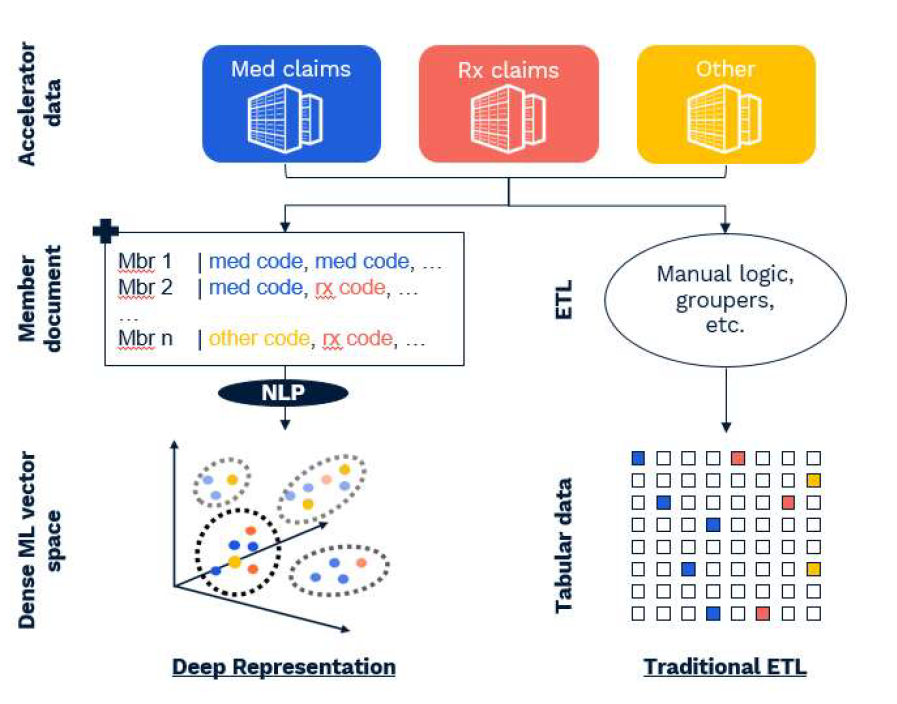
Source: Certilytics
In the end, healthcare organizations can have predictive insights about emerging clinical risk, engagement preferences, and financial opportunity that’s tailored to their specific population or business needs, and they have those insights faster.
Imagine understanding the emerging risks in your population before a high-risk event occurs, and pinpointing where your resources would make the greatest impact.
I understand the promise of AI, Deep Learning and Generative AI. But can I trust it?
The advances in artificial intelligence in recent years, especially in the healthcare space, have come along with understandable concerns and questions about reliability. You aren’t simply asking a chat bot a question. You have people’s health and welfare in your hands. For you, there’s no room for error.
We get it. For this same reason, sacrificing validity is never an option for us.
First, despite new attention being paid to deep learning in new applications like the chat bot, generative models are already being used widely in the healthcare space, including at Certilytics.
Our precise predictions in applications ranging from statistical representations of claims, medical histories, and emerging health risks all arise from machine and deep learning – and they’ve helped leading healthcare organizations improve health outcomes and uncover billions in savings.
The great news? At Certilytics we’re building on this foundation of accuracy to pioneer the broader integration of deep learning into our solutions, and in the process, we:
- Introduce additional program guardrails
- Implement extensive proof-of-concept testing
- Closely monitor production
We’ve continually tested our deep learning applications against internal and external machine learning models.
Our consistent finding? They produce more accurate predictions – with greater agility and speed.
It’s why we’re excited about what these new advances in AI can mean for healthcare.
Want to Learn More? Certilytics is pioneering the use of AI, deep learning, and generative AI to accelerate model development, simplify deployment, and produce models with market leading performance to help solve healthcare’s biggest challenges. To see how our advanced predictive insights built using deep learning and generative AI can help you, schedule a meeting with our team.




